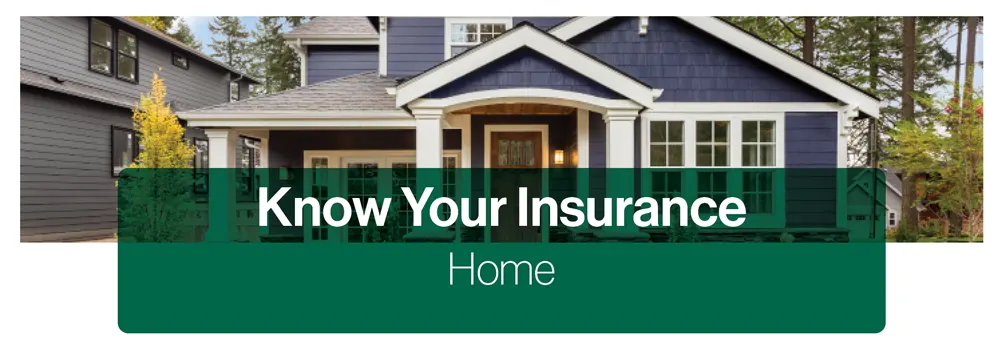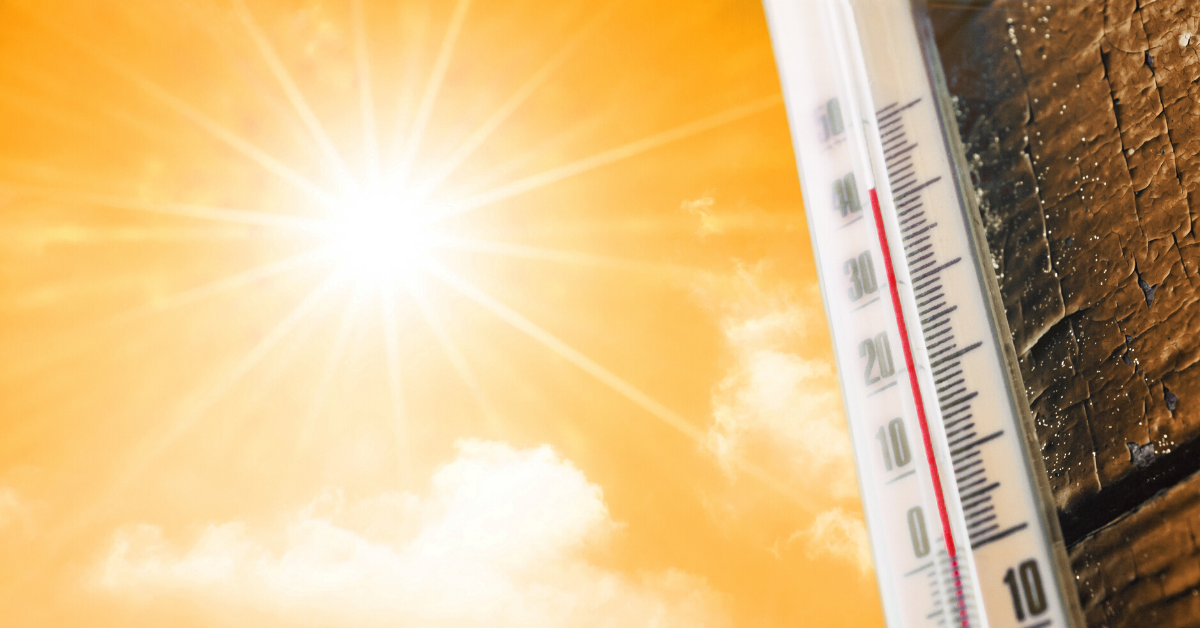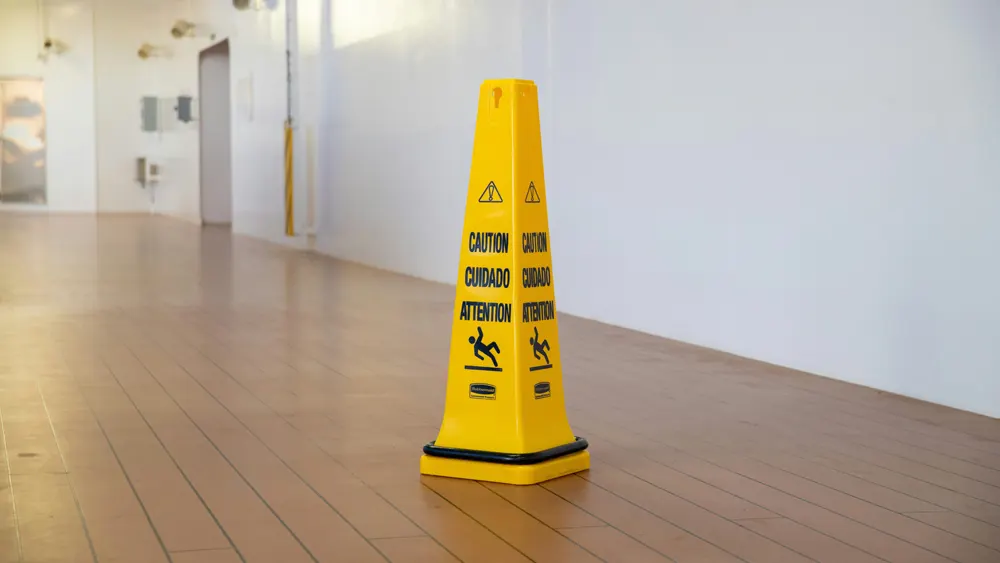Homeowners may have to manage significant losses and complicated processes after a significant weather event. While trying to get back on their feet and return to a sense of normalcy as quickly as possible may be tempting, it’s essential to be thorough and diligent in navigating the recovery process. Unfortunately, some parties may seek to take advantage of hardship amid the aftermath of severe storms. With that in mind, homeowners should take time to learn about possible contractor scams during these times.
Understanding Contractor Scams
Amid the clutter, rubble and flood waters that severe storms may leave behind, fraudulent contractors may be among the most dangerous perils lurking about. These perpetrators target property owners by offering to provide repairs while demanding payment upfront. However, once paid, these scammers may provide subpar or incomplete work, use stolen materials and equipment or simply disappear and abandon the client altogether.
Identifying Suspicious Behavior
Like most scams, property owners can protect themselves from fraudulent contractors by understanding various warning signs. Following a severe storm, homeowners should beware of contractors whose actions include the following:
-
Unannounced arrival on the premises
-
Providing estimates that differ significantly from other offers
-
Requesting a sizable portion of the estimate upfront (e.g., 10% or more)
-
Compiling estimates as a single lump sum rather than providing a list of costs for various tasks
-
Asking property owners to endorse insurance checks or insisting on submitting claims on their behalf
-
Failing to provide references or a fixed address for their business
Avoiding Fraudulent Contractors
Homeowners should always be diligent and thorough while shopping for products and services. This necessity is of even greater importance when potentially dealing with fraudulent contractors. The following steps can help reduce the likelihood of being scammed:
-
Ask around. Checking references and researching possible complaints is important. It may be advisable to avoid contractors that do not regularly work in the local area if unable to find adequate information about them. Employing a well-known local contractor can reduce your risk of being scammed.
-
Use a claims adjuster. It’s best for policyholders to check with their insurance companies and have a claims adjuster inspect any storm-related damages. Insurers may also be able to help review contracts.
-
Avoid cash payments. If a contractor proves to be fraudulent, it’s easier to track them and establish payment records if checks and credit cards are used. If cash is required for any reason, make sure to receive a signed receipt or proof of payment.
-
Check documentation. Property owners should request proof of a contractor’s insurance and ensure the copies of agreed-upon contracts are identical. Ask about any subcontractors that will be involved in the job and ask for documentation of their respective insurance coverages as well.
-
Beware of phone calls. If called by someone claiming to be a contractor, it’s best to be cautious and avoid providing personal or financial information without first verifying their identity. If a caller says they are a government official, hanging up and calling the number listed on the website of the agency they claim to be with is advisable.
In Conclusion
The aftermath of a natural disaster, including catastrophic weather events, can be stressful and overwhelming. Unfortunately, many criminals may see these situations as opportunities with easy targets. With that in mind, homeowners that have suffered storm-related losses must be vigilant and avoid making hasty decisions that could exacerbate their problems.
For more information or guidance, contact BHC Insurance today.








